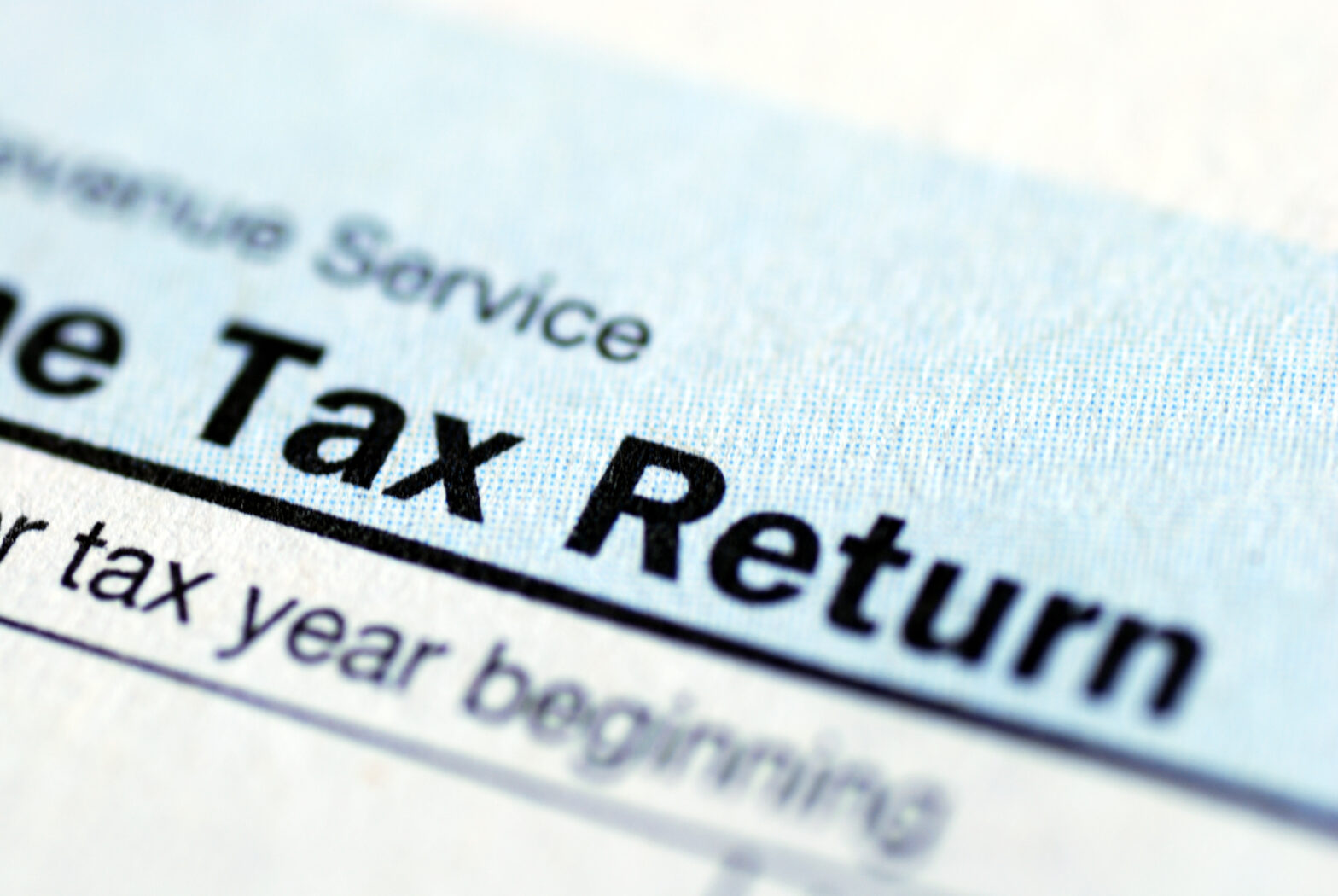The deadline to submit a paper tax return for self assessment is looming (on October 31st). However, the majority of UK businesses have already made the switch over to digital tax returns.
This past tax year 89 per cent of customers (9.24 million) opted to use HMRC’s online self assessment service for their tax returns.
With the number of penalties made against taxpayers who make ‘deliberate’ mistakes rising from 9 per cent to 16 per cent it’s more important than ever to fill returns in accurately, considering such mistakes can cost 20-100 per cent extra tax due, according to HMRC.
By the end of the next parliament, every individual and small business will be able to see and manage their tax affairs through their digital tax account, removing the need for annual tax returns.
Lee Murphy, owner of Pandle, a cloud-based accounting platform, is one of the many businesses already utilising digital taxes. He says that small business owners are going to have to keep on top of their finances much more regularly to avoid unnecessary extra tax.
He says, ‘Gone will be the days when a new business can start and worry about the accounting and tax a year or so later. On the downside, it’s an extra burden on time and potentially money early in the business’ life, but on the upside it should give business owners more up to date financial data leading to better informed decisions early on.’
Murphy adds, ‘Rather than waiting to the end of the year to get your accounts in order, SMEs need to start now, especially considering that the transfer over to accounting software may take some time to complete and could even break the deadline if submitted too late.’
A report by HMRC says that small businesses are in complete control of their tax affairs and should have confidence that they have met their obligations when using their digital tax account but it is still worth being cautious.
Murphy advises, ‘It’s still important for small businesses to use an advisor to ensure everything is being completed correctly, especially considering that HMRC are able to charge taxpayers up to an additional 100 per cent on their taxes should they consider any mistakes made as ‘deliberate’.’





